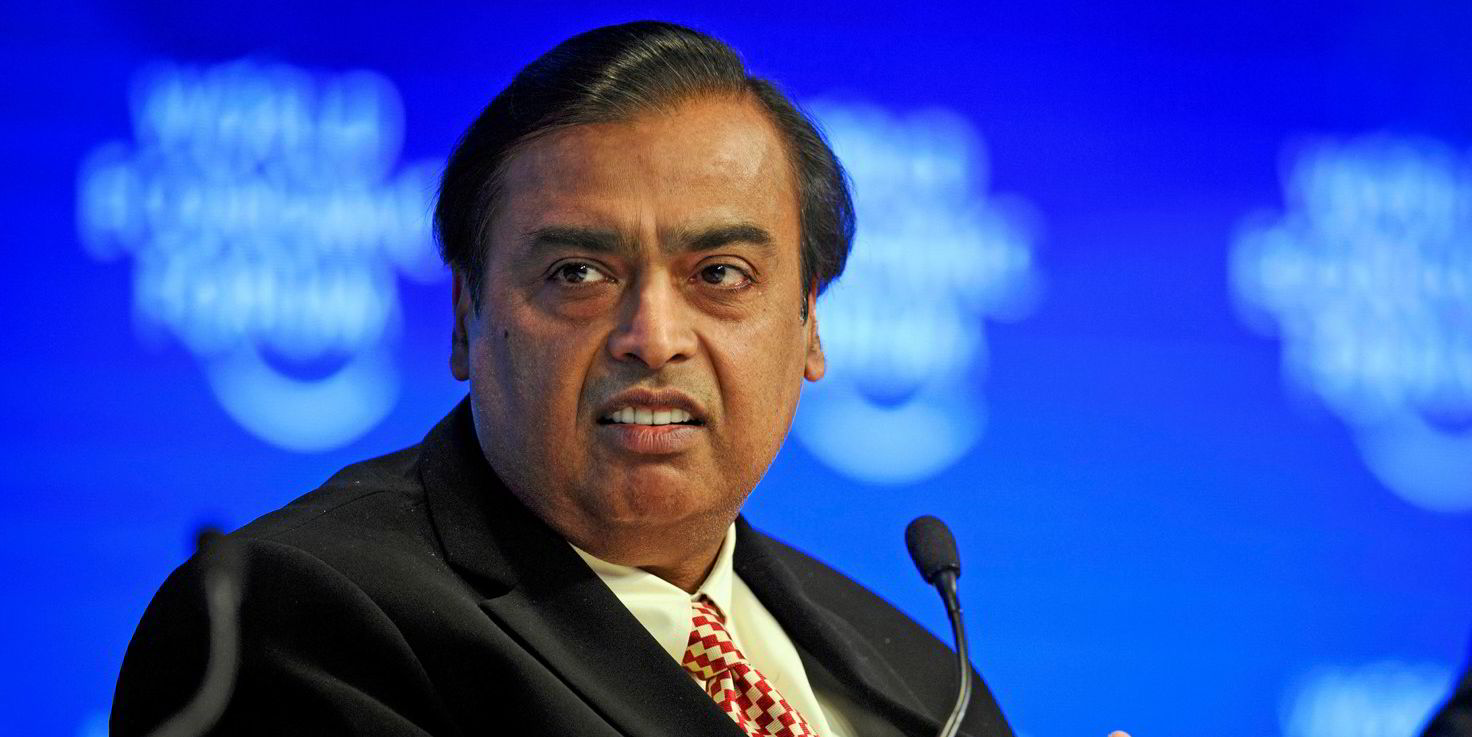Indian private-sector giant Reliance Industries and UK supermajor BP have begun commissioning activities at a flagship deep-water asset in the Krishna Godavari basin offshore India’s east coast.
Reliance has started testing the floating production, storage and offloading vessel and other subsea structures at the MJ gas in field in the KG-D6 block, with “commissioning activities” under way, according to its latest quarterly results.
“As an essential part of the testing, one well has been opened to flow gas through the integrated production system,” it said.
Reliance noted that the incremental gas production from the MJ field, along with ongoing production from R Cluster and Satellite Cluster fields, is likely to boost total gas production from KG-D6 to 30 million cubic metres per day in the current financial year from 1 April to 31 March 2024.
Reliance said that the “lower and upper completion campaign” for the MJ wells is progressing as planned.
Four wells have been completed, with “balance wells” expected to be completed by the third quarter of the 2023-2024 financial year, it added.
Article continues below the advert
The ceiling price applicable for gas produced from KG-D6 has been revised to $12.12 per million British thermal units for the first half of the financial year, it stated.
Ruby on location
The operator earlier said that the Ruby FPSO had arrived at the MJ field last year.
Reliance and BP had previously hoped to commission the MJ field by the end of last year, but were delayed by a few months due to an accident involving the FPSO, and bad weather.
Upstream reported in October that the Ruby FPSO was involved in a collision with an accommodation barge, causing minor damage to the floater.
Reliance confirmed the incident at the time and added that no personnel were injured and there was no impact on the overall project schedule and commissioning for the field development.
The double-hulled Ruby FPSO was built at South Korea’s Samsung Heavy Industries yard and has an oil production capacity of 60,000 barrels per day of liquids and about 12.7 MMcmd of gas, Upstream understands.
It is expected to have a condensate production capacity of 30,000 bpd and a water-handling capacity of at least 20,000 bpd, with the potential for the latter to be increased.
The MJ field is one of three projects being targeted by Reliance and BP in a $5 billion drive to boost gas production from the KG-D6 block, with the R-Cluster and Satellite Cluster schemes having already been brought on stream.
Located in water depths of between 600 and 1200 metres, the MJ field development includes seven production wells to be linked to the Ruby FPSO via a pair of subsea drill centres.
MJ’s reservoirs lie at about 2000 metres below the producing D1-D3 gas fields and the development is expected to be the third largest on the block.
Reliance holds a 66.67% operating interest in KG-D6, with BP holding the remaining 33.33%.
Reliance results
Reliance Industries posted impressive results for its oil and gas exploration and production business for the fourth quarter of the 2022-2023 financial year, which ended on 31 March.
Revenue more than doubled for the quarter against the same period the previous year, “mainly on account of higher price realisation and 13% increase in KG-D6 gas production” it said.
The company posted revenues of 45,560 million rupees ($556 million) in the fourth quarter, while earnings before interest, taxes, depreciation, and amortisation (Ebitda) stood at 38,010 million rupees ($464 million).
“Segment Revenues and Ebitda were up 120.3% and 149.0%, respectively,” as compared to the corresponding quarter, the company said.

